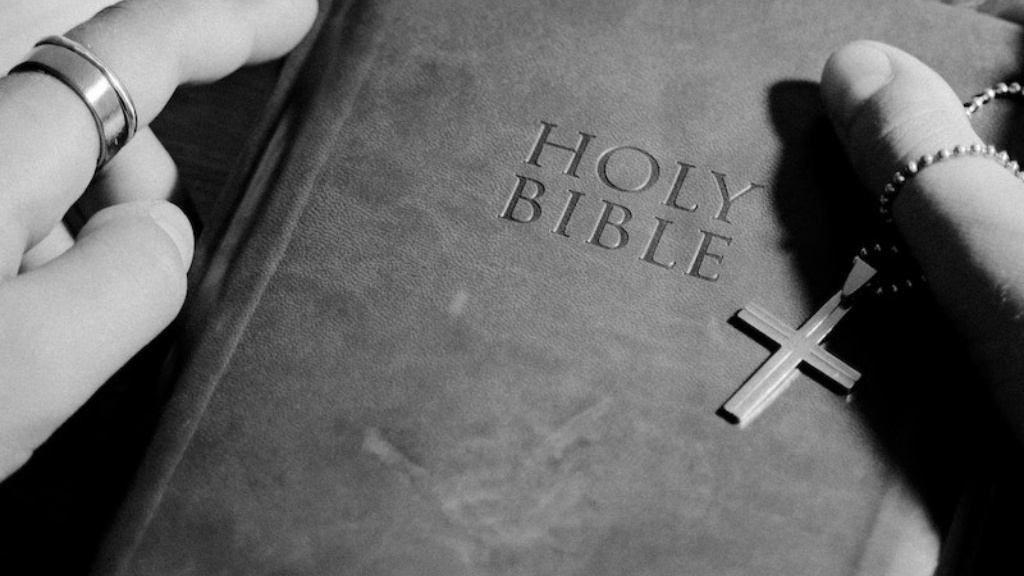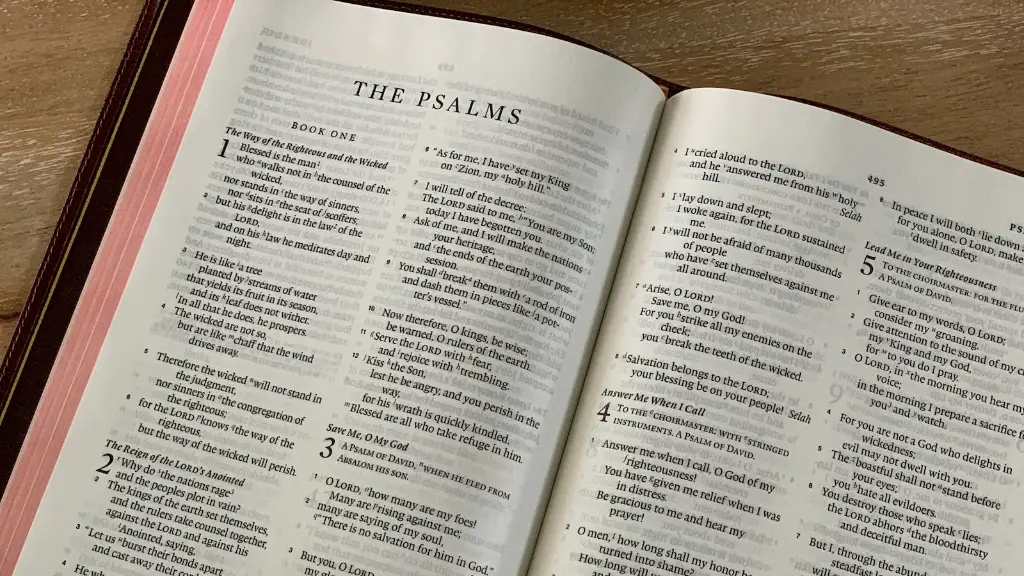Background
The Reformation changed the face of Christianity, and Martin Luther played a pivotal role in shape-shifting the Christian faith. One of Luther’s first initiatives in reforming Christianity was to establish the concept of sola scriptura, or “scripture alone”. This concept begins with the premise that Christians should read the Bible as it is and derive theological truth, without relying on secondary interpretations by the Church or by theologians.
An unintended consequence of the “scripture alone” theory is the necessity to establish a core set of Bible books that are seen as absolute truth – a canon of scripture. Because the concept of sola scriptura was born out of Luther’s rebellion against the authority of the Catholic Church, it became necessary to remove any books that marked a clear distinction between the two Christian denominations.
Luther’s Canon
In 1517, Luther produced a book on the New Testament and, in his introduction, he listed the Bible books that he believed should be included in the “canon”. Luther included books such as Hebrews, James, Jude and the Revelation, which had not been in the Catholic canon until after the Council of Trent in 1545.
In addition to the books Luther thought should be included, he also specifically identified seven books as apocryphal: Tobit, Judith, Wisdom, Ecclesiasticus, Baruch, 1, 2 Maccabees and the additions to Esther and Daniel. Luther believed that these seven “missing” books should not be included in the Bible since they were not part of what he believed to be the pure and authoritative source of scripture.
Response to Luther’s Canon
Luther was met with much resistance from many Church leaders. A pope condemned his views on the canon, and the Council of Trent later reaffirmed the Catholic canon, which had all of the books Luther listed as “apocryphal”.
In spite of this, Luther’s canon gained support within some sections of the Protestant faith. It was popular amongst reformers in the countries of Germany and Switzerland. With time, the endorsement of Luther’s canon spread across Europe, and it was eventually accepted by the Church of England in 1571.
Consequences of Luther’s Canon on Christianity
The mark that Luther left on the Bible has been lasting and profound. Christian denominations are highly divided over which books should make up the Bible, and Luther’s impact on the canon is still deeply felt today.
His “scripture alone” approach placed an effective end to the Catholic Church’s control over the interpretation of scripture. Luther’s ideas shifted the Bible’s authority away from Rome and placed it in the hands of each individual believer.
The last five hundred years has also seen an overall decrease in the number of Bible books accepted as canon. Protestants now generally accept only thirty-seven books, while Catholics still accept forty-six books.
Influence on Other Reformers
Luther’s influence can be seen in the writings of other major Reformation figures such as John Calvin and Ulrich Zwingli. By abandoning many of the doctrines espoused by the Catholic Church, these reformers had to determine which books should be in their canon.
While the reformers were split on the composition of the canon, they were in agreement on the overarching principle of a “pure” Bible, one that was free from the distortions of the Catholic Church. To this end, they viewed Luther’s selection of books as the closest approximation to a genuine and worthwhile Roman Catholic Bible.
John Calvin even went so far as to write a preface for Luther’s New Testament, endorsing it as the definitive version for reformers. Thus Luther’s interpretation of the New Testament had lasting influence on the theology and Scripture of Calvin and other Reformation figures.
Changes in Canon Over Time
The canon of the Bible has continued to evolve over time due to the ongoing debates between different Christian denominations. In addition to the books that Luther identified as acceptable in his New Testament, there are numerous other books that still exist in various Christian canons, as well as some books that have been rejected by all denominations.
The last two hundred years of Biblical scholarship have also seen a marked increase in knowledge about the composition and origin of the books of the Bible. This new understanding has further shaped the interpretation of scripture and, when combined with the fragmentation of Christendom, it has led to a measure of agreement on some of the disputed passages that were debated in Luther’s time.
Impact Of Luther On Bible Canon
As a pioneer of the Protestant faith, Luther’s influence on the composition of the Bible canon have been profound. His influence was felt both within his own lifetime and beyond, as reformed faith and continued Biblical scholarship allowed his ideas on the Bible to be followed by generations of Christians.
Luther’s ideas concerning scripture have impacted both Christian denominations and the way that scripture is interpreted. His “scripture alone” theory shifted the authority of the interpretation away from the Church’s control and placed it with the individual believer. Although Luther did not “remove” books from the Bible, he did identify which books should be included in a canonical scripture.
Martin Luther’s Bible Translations
In addition to his impact on the canon of the Bible, Luther’s interpretations and translations of the Scripture were pivotal to the formation and spread of the reformed tradition throughout Europe. His pioneering Bible translations were based on his belief that the Bible should be translated in a manner that was as direct and accurate as possible, without the embellishments of the Church or theologians.
In addition to his popular German Bible translation, Luther also translated several of the New Testament books into Latin. After the death of Luther in 1546, other Bible scholars continued his work and produced Bible translations in a variety of languages, paving the way for the spread of the reformed faith.
Criticism Of Luther’s Canon
Luther’s influence on the canon of the Bible has been highly contested by both Catholic and Protestant scholars. Critics of Luther’s views note that his decision to place certain books outside of the New Testament is based more on his personal theological tastes or Biblical allegiances than on rigorous Biblical evidence.
Some scholars further criticize Luther’s approach of privileging literal interpretations of the Bible over symbolic readings. Such a view, they argue, ignores important teachings that were present in early Christian texts, such as those in the seven apocryphal books listed by Luther.
Conclusion
Martin Luther’s exile from the Catholic Church and his subsequent development of new interpretations of the Bible have had a lasting impact on the Christian faith and the interpretation of scripture. Through his own translation and his suggested canon of books for the New Testament, Luther shifted the authority of interpretation away from the Catholic Church and established a more individualistic approach to scripture.
The decisions Luther made regarding the books of the Bible still linger to this day, as evidenced in the ongoing debates between different Christian denominations. His lasting influence speaks to the power of his reform movement and to the determination it took for Luther to stay true to his faith.






No historical research has gone into this article. The bible canon was settled in 393, an Old Testament with 46 books and New Testament with 27 books. All Bibles for the next 1200 ears had all these books, until Luther removed 7 books from the Old Testament, and made a failed attempt to remove at least 4 from the New Testament.